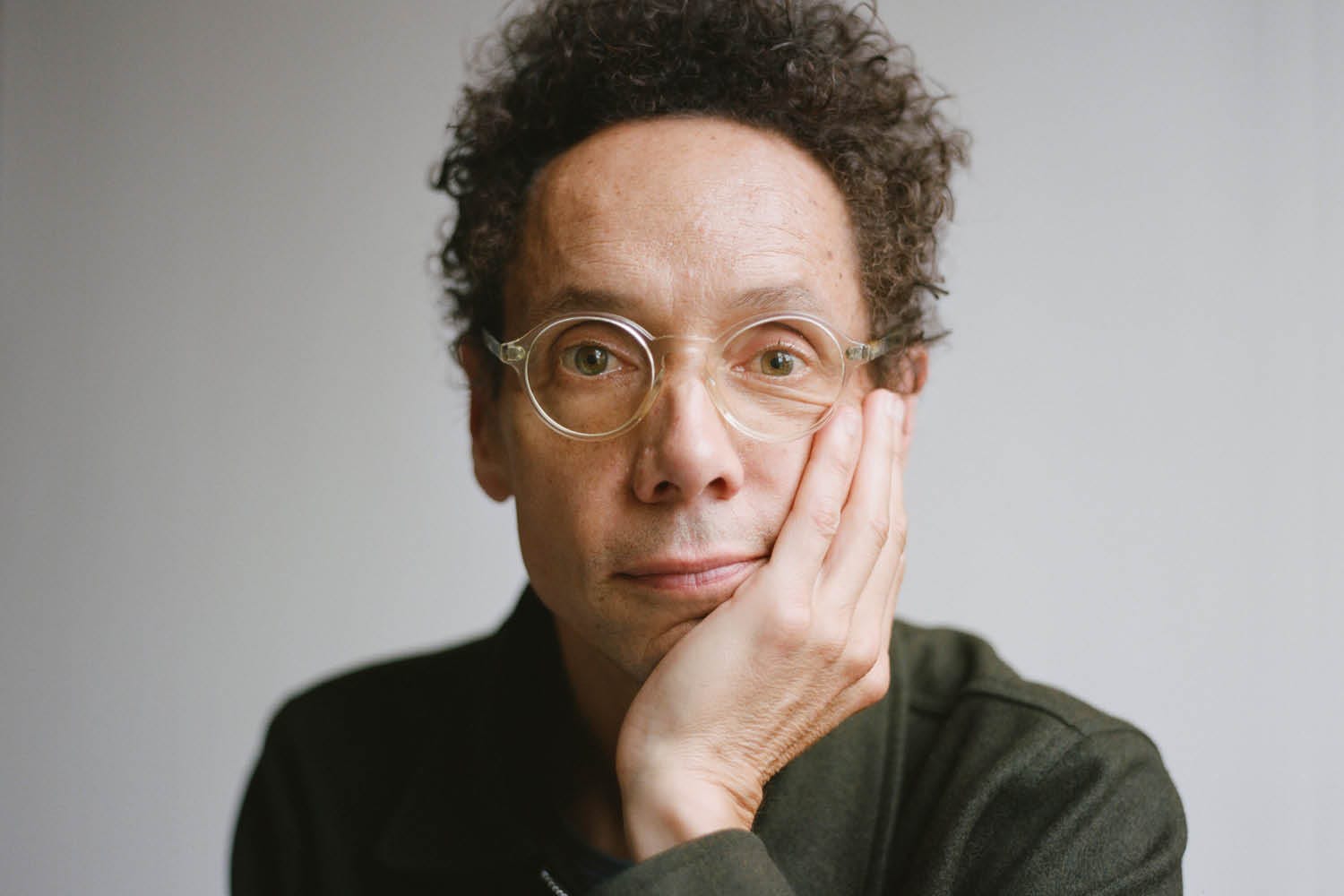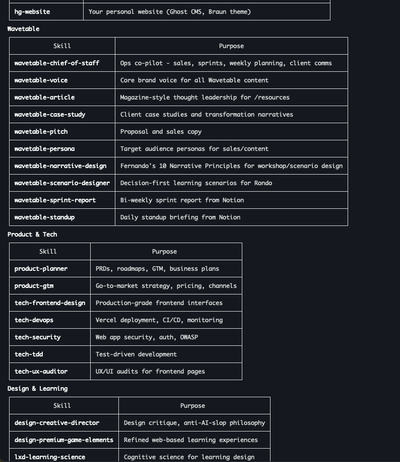When Malcolm Gladwell found Dr. Dre's Empty Chair

Malcolm Gladwell once got the opportunity to interview Dr Dre.
So he goes to Dre’s house.
Turns out the guy is an interviewer’s worst nightmare.
Impossible to read. Won’t really talk. Seems irritated, disinterested. Monosyllabic.
Eventually, Dre says to Gladwell - “let’s go to my church.”
Gladwell is a bit flummoxed at the change of plan, but it transpires* the church isn’t far. It’s just down the stairs.
Dre’s church is his music studio. Mixing desk. Vocal booth. Synths. Speakers. Couch. And, of course, the producer’s chair.
Suddenly, he’s a different person. Stories, chatter, laughter. Guard down, blockers removed. Gladwell can’t believe it.
What happened?
There was what Gladwell calls The Empty Chair. Upstairs in the house, doing an interview with this guy Dre barely knew, the empty chair was on full display - a vast creaking throne.
Dre’s empty chair was his mixing board. Turns out Dre was anxious (believe it or not), and as soon as the metaphorical chair was filled, everything changed.
We all have empty chairs. If they’re empty, we feel it deeply.
In the chair could be your guitar. Your favourite snack. Your Dad’s voice.
All this is to say, the environment matters. I still think we underestimate this.
If you want progress, breakthroughs, success to happen with people (and as a human being, you probably do), you need to figure out which chair, and how to fill it.
The work is creating the environment where people feel the appropriate emotions for the experience: Comfortable, alive, excited, focused - whatever it may be.
And to help fill others’ empty chairs, it probably helps to know a bit about your own.
*if you noticed this wordplay, you already know one of my chairs.


Member discussion